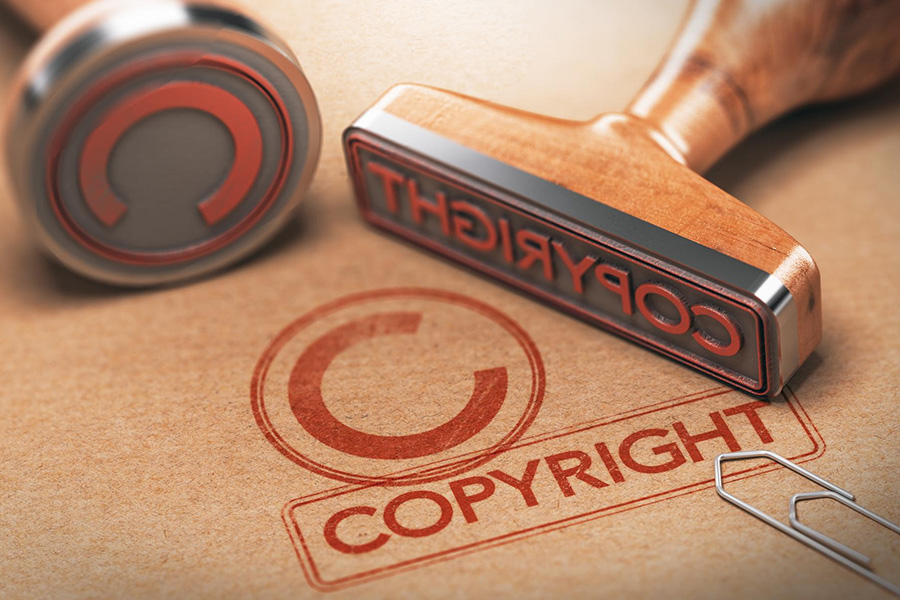
The paper analyzes the detailed procedure and consideration for the grant of compulsory license in India.
Authors
Aqa Raza, Assistant Lecturer, Jindal Global Law School, O.P. Jindal Global University, Sonipat, Haryana, India.
Abhinav Gupta, Dr. Ambedkar Government Law College, Puducherry; National Law School of India University.
Summary
This Paper seeks to critically analyze and evaluate the concept of compulsory licensing under the Indian Patents and Designs Act, 1911, and the Patents Act, 1970. The Paper further: (i) traces its evolution from the French Patent Law of 1791 to the amendment of the TRIPS Agreement in 2017 that introduced Article 31bis; (ii) analyzes the detailed procedure and consideration for the grant of compulsory license in India; and (iii) in the light of Natco v Bayer decision, discusses the rejection of the compulsory license applications on the grounds of procedural non-compliance.
In the end, paper develops an argument that the provisions relating to compulsory license under the Indian patent regulatory framework have remained a dead letter during COVID-19 pandemic at the cost of public health and welfare.
Published in: Journal of Intellectual Property Rights
To read the full article, please click here.

